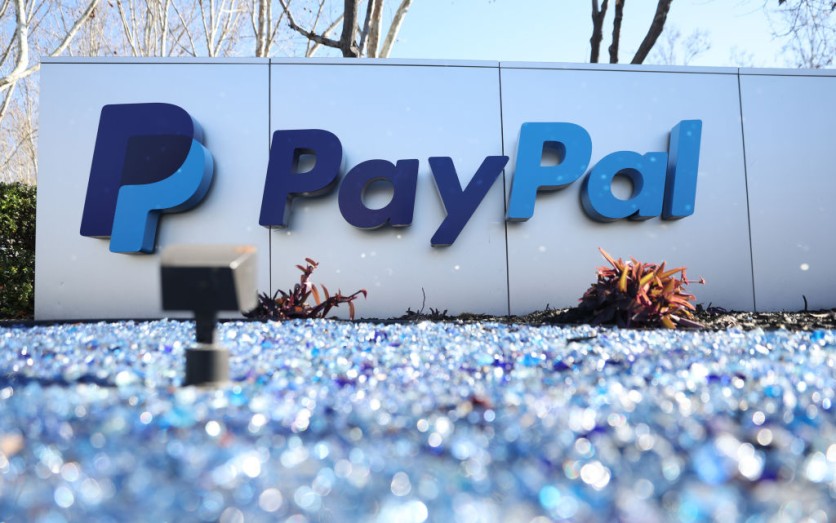PayPal announced on Monday that it would not penalize users for providing misinformation after releasing an earlier policy update saying that individuals would be subject to fines of $2,500, as reported first by Bloomberg.
After the update, which PayPal claimed "included inaccurate information," provoked severe outrage on social media over the weekend with shares of the San Jose, California-based corporation declining by almost 6%.

Acceptable Use Policy
The announcement picked up steam over the weekend after the business released policy revisions that forbade users from using the PayPal service for actions it defined in its Acceptable Use Policy as "the sending, posting, or publication of any messages, content, or materials."
According to the reports, the new policy was supposed to start on November 3.
David Marcus, the former president of PayPal, criticized the policy in a tweet on Saturday, saying it goes against everything he stands for.
"It's hard for me to openly criticize a company I used to love and gave so much to. But @PayPal's new AUP goes against everything I believe in. A private company now gets to decide to take your money if you say something they disagree with. Insanity," Marcus tweeted.
Elon Musk, the co-founder of PayPal, and CEO of Tesla and SpaceX responded to the tweet saying he "Agreed."
Read Also : Indonesia Blocks Paypal, Yahoo, Gaming Platforms After Failing to Meet License Requirements
Conservative Politicians Pounce on the Issue
Right-wing politicians in the US have long claimed that powerful digital companies block conservative opinions, with social media giants like Twitter and Meta Platforms drawing the most criticism.
Musk, who is offering to pay $44 billion to acquire Twitter, has declared that free speech will take precedence on the social media site after criticizing its treatment of individuals like artist Kanye West and former President Donald J. Trump.
Progressives have supported Republican calls for greater regulation of big tech, but current proposals mandating platforms to protect user privacy and security have mainly failed as Congress prioritizes other issues.
Conservative politicians and social media figures also pounced on the PayPal controversy, urging people to terminate their PayPal accounts.
Republican senator from South Carolina Tim Scott said that his office will look into the policy's constitutionality and take whatever actions were required to stop such "business activism" before PayPal's recent announcement.
"Allowing private companies to become thought police would be an egregious and illegal overreach. My office will be looking into the validity of PayPal's new policy and taking any necessary action to stop this type of corporate activism," Scott wrote in a tweet.
This article is owned by Tech Times
Written by Joaquin Victo Tacla
ⓒ 2025 TECHTIMES.com All rights reserved. Do not reproduce without permission.




